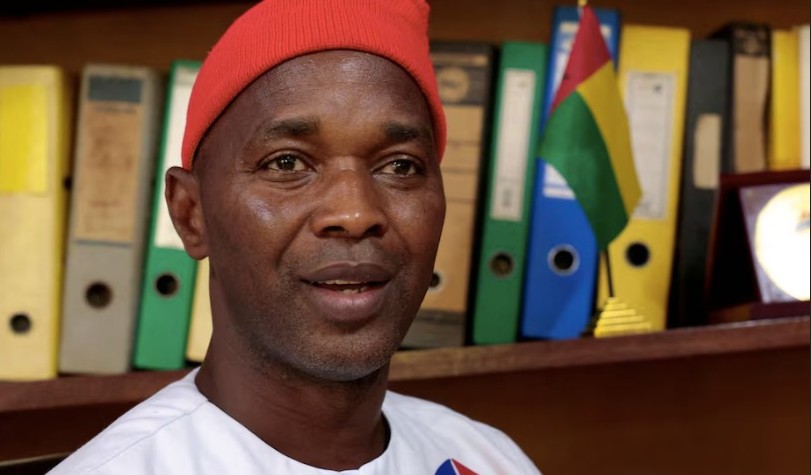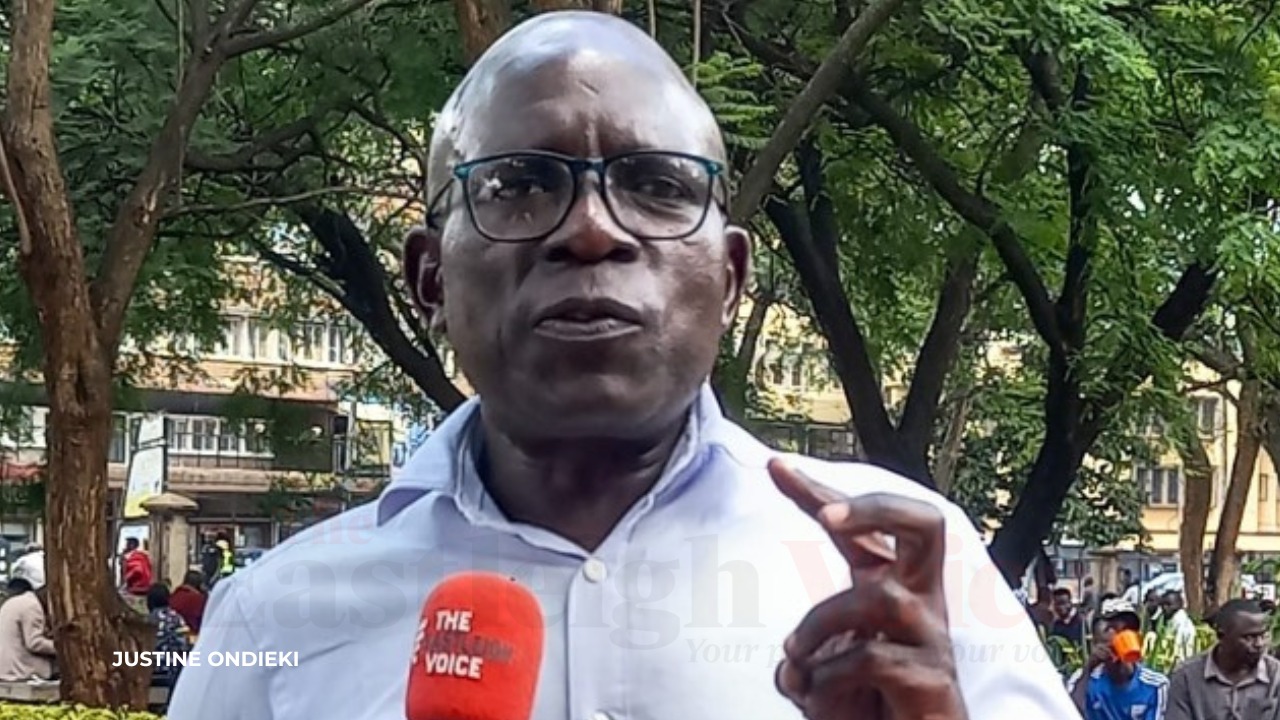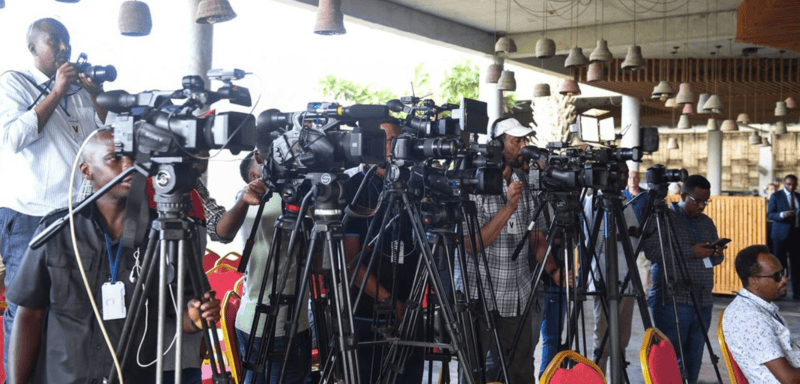Guinea-Bissau opposition leader Fernando Dias declares victory in presidential race

Guinea-Bissau has experienced repeated instability since gaining independence from Portugal more than 50 years ago, including multiple coups and attempted takeovers.
Fernando Dias, the leading opposition candidate in Guinea-Bissau's presidential election, has declared himself the outright winner, claiming he secured at least 50 per cent of the vote even before official results are released.
Dias is challenging incumbent President Umaro Sissoco Embaló, 53, a former army general seeking to become the first president in nearly 30 years to win a second consecutive term. A candidate must secure more than 50 per cent of the vote to avoid a runoff.
More To Read
- Guinea-Bissau junta bars interim leaders from contesting next elections under new charter
- From Mali to Benin: Africa faces surge of coups as unrest spreads
- Nigeria provides safe haven for Guinea-Bissau opposition leader as coup crisis deepens
- African Union suspends Guinea-Bissau over coup
- Deposed Guinea-Bissau President Umaro Embaló flown to Senegal as coup deepens
- ECOWAS suspends Guinea-Bissau after post-election coup
"We have won the presidential race. We will not have (a) runoff," Dias said on Monday at his campaign headquarters in the capital, Bissau, according to Reuters.
"My people were very tired, and they needed alternance at the top of the state."
The Guinea-Bissau government has not yet commented on Dias’ claims, but his announcement is likely to heighten tensions in a country long plagued by political instability.
Endorsed
Dias, 47, of the Party for Social Renewal, gained momentum during the campaign after Domingos Simões Pereira, leader of the African Party for the Independence of Guinea and Cape Verde (PAIGC) and a former prime minister, endorsed him.
Pereira threw his support behind Dias after the PAIGC was barred from contesting Sunday’s vote, prompting many of its supporters to rally behind the opposition candidate. Observers had anticipated a close race between Embaló and Dias.
The Sunday elections followed months of political uncertainty. Opposition parties have challenged President Embaló’s mandate, arguing his term should have ended in February.
The Supreme Court later extended his tenure until September 2025, pushing the vote to November. Meanwhile, the opposition-controlled parliament has not met since December 2023, after Embaló dissolved it following a failed coup attempt.
Guinea-Bissau has experienced repeated instability since gaining independence from Portugal more than 50 years ago, including multiple coups and attempted takeovers.
The country remains one of the world’s poorest, with nearly half its population living in poverty, according to the World Bank. It has also become a major transit point for drug trafficking between Latin America and Europe.
Top Stories Today











































